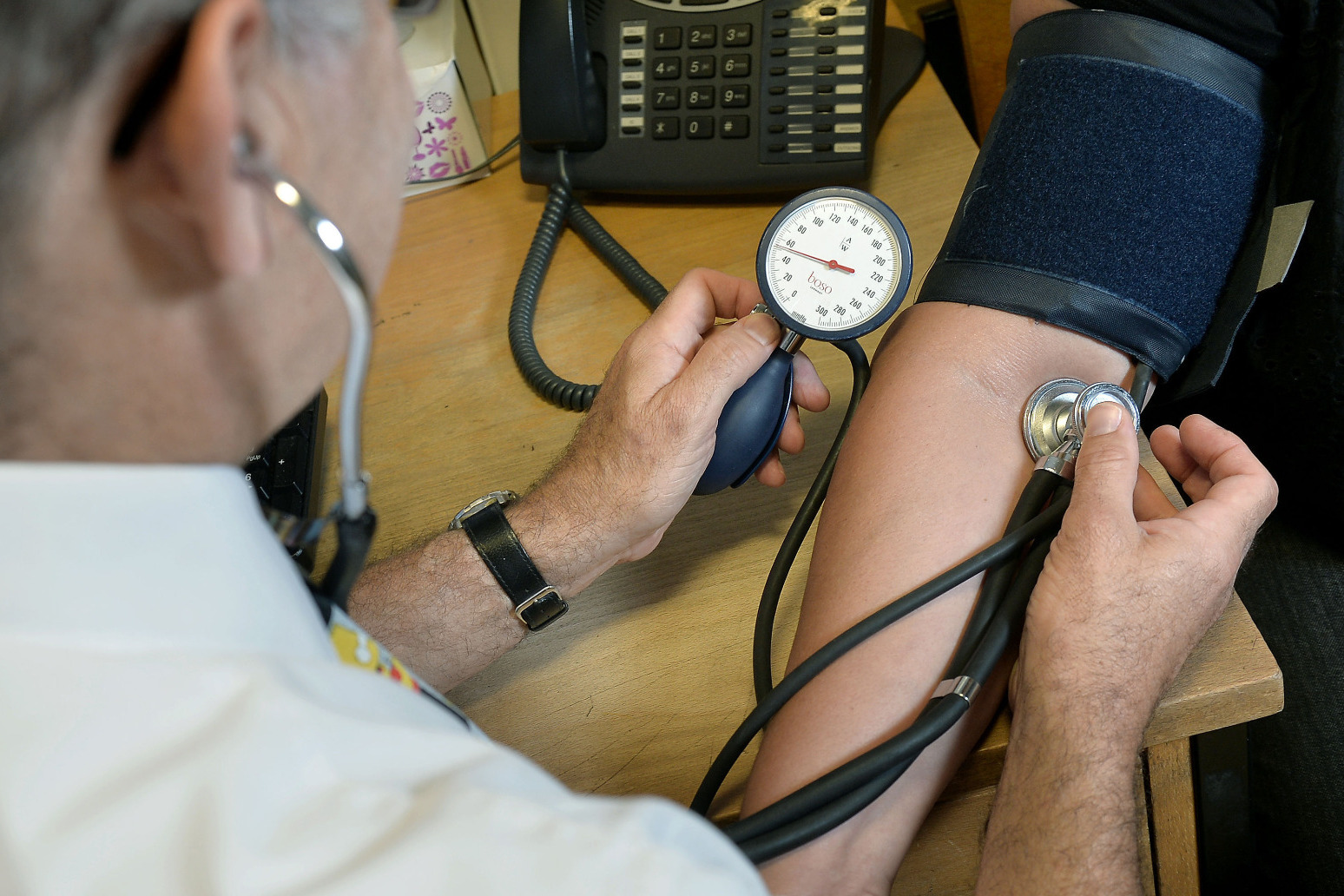
Teleconsultations with doctors are ‘worse but more convenient’
That's according to new research led by researchers at the University of Cambridge
Phone or video consultations with doctors are “worse but more convenient” than face-to-face appointments, according to a new study.
Rheumatology patients perceived so-called telemedicine as to have “increased misdiagnoses, inequalities and barriers to accessing care”.
But more than 60% found them “more convenient”, according to a new analysis of telemedicine, led by researchers at the University of Cambridge.
Researchers surveyed 1,340 patients, the majority of whom had inflammatory arthritis or lupus.
They also polled more than 100 clinicians between April and July.
Some of the findings, published in the journal Rheumatology, included:
– Nine out of 10 medics and 69% of patients felt telemedicine was “worse than face-to-face for building a trusting relationship”.
– Many patients felt that phone or video consultations followed an impersonal “tick list” and felt more “rushed”.
– Patients and medics both said that video and phone consultations were worse than face-to-face appointments in terms of “accuracy of assessment”.
– But more than six out of 10 patients and doctors said telemedicine was “more convenient”, citing reduced waiting times, no travelling, and safety from infection as the main advantages.
– Some doctors said that NHS technology was “embarrassingly primitive” for delivering telemedicine, though others cited improvements which were implemented as a result of the pandemic.
– Telemedicine could lead to inequalities in treatment for people who had hearing, cognitive or speech difficulties and for those whose first language was not English, among others, the authors said.
– Researchers also said that concerns were expressed that telemedicine would be “over-used” by NHS and hospital management as a cost and time-saving measure rather than in patients’ best interests.
– Only 3% of clinicians felt telemedicine was overall better than face-to-face.
The authors wrote: “The findings identified a place for telemedicine for certain patients, yet a strong overall preference for face-to-face consultations from both clinicians and patients.”
Melanie Sloan, lead author from the Primary Care Unit at the University of Cambridge, said: “The pandemic has had a major impact on the ability of healthcare professionals to see their patients face-to-face, and this has led to a significant increase in the number of telemedicine consultations.
“As the NHS develops a telemedicine strategy, we hope there will be a thorough assessment of the clinical and psychological risks and steps taken to mitigate those risks, as well as action to address the possibility of worsening existing health inequalities for those less likely to be able to benefit from remote consultations.”
Co-author, Professor Caroline Gordon, from the University of Birmingham, added: “Some stable rheumatic disease patients can benefit from telemedicine but new patients, those with worsening symptoms or more complex conditions such as lupus, need quickly accessible, face-to face appointments to manage their conditions.”
Senior author, Dr Felix Naughton from the University of East Anglia, added: “Of greatest concern was the great variability in accessibility to care.
“Approximately half of all patients felt they would not receive a prompt response when very unwell, often citing increased barriers due to some remote contact and administrative systems that are not yet efficient enough to cope with the sudden move towards telemedicine.”
The rise in teleconsultations throughout the pandemic has become an intense topic of debate in medical communities.
Some patients have expressed preference for face-to-face appointments but others have been exasperated at not being able to see doctors when requested.
The issue has been particularly fraught in GP surgeries and the NHS has mandated that patients are able to see a GP in person if they choose, and has threatened to publish league tables of practices which are offering the fewest in-person appointments.
But the British Medical Association has rejected the “access plan” and said it proposes to ballot the profession on industrial action.
Data published last week show some 61% of appointments in September were in-person. Before the pandemic this figure was about 80%.
Published: by Radio NewsHub